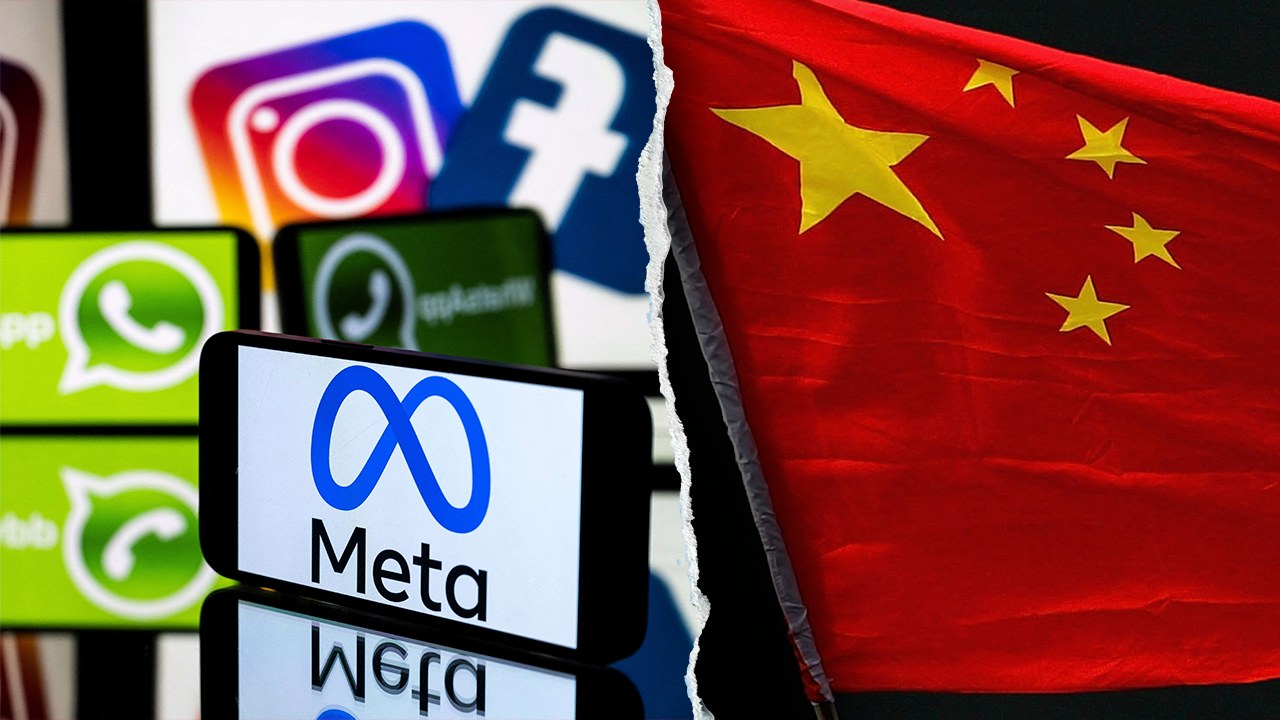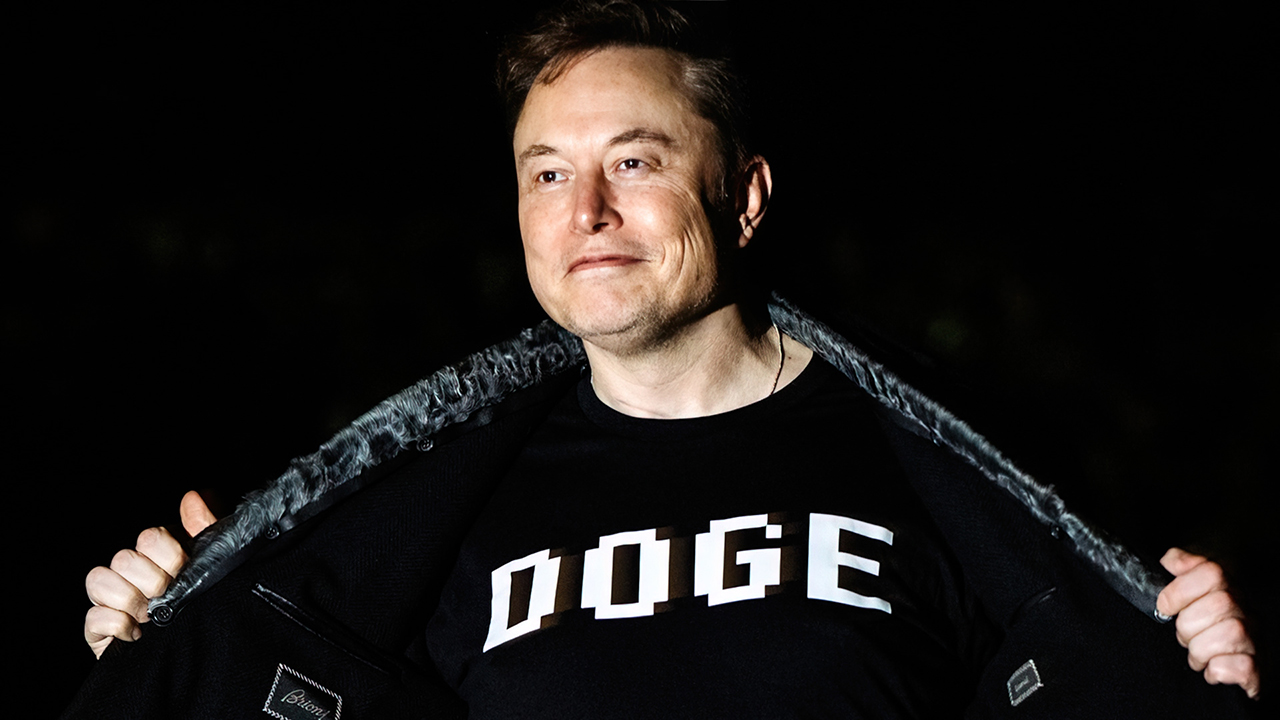AI with Purpose: Daniel Hulme on Innovation, Decentralisation, and the Future of Ethical Technology


 Daniel Hulme is an internationally recognised authority on artificial intelligence and emerging technologies. As the CEO of award-winning AI company Satalia and Chief AI Officer at WPP, he has spent over two decades designing and deploying AI solutions for major global organisations including Tesco and PwC.
Daniel Hulme is an internationally recognised authority on artificial intelligence and emerging technologies. As the CEO of award-winning AI company Satalia and Chief AI Officer at WPP, he has spent over two decades designing and deploying AI solutions for major global organisations including Tesco and PwC.
A TEDx speaker and investor in cutting-edge tech, Daniel is also a prominent figure at The AI Speakers Agency, where he is celebrated as one of the top AI start-up speakers in the field.
In this wide-ranging interview, Daniel explores how AI will revolutionise business models, shape responsible innovation, and align corporate growth with a deeper social purpose.
Q: Looking ahead, how do you foresee AI revolutionising business models and reshaping how companies deliver value at scale?
Daniel Hulme: “I’ve spent over a decade educating industry leaders, politicians, about the impact of these technologies on society. And actually, over the past few years, developed a framework to help people understand how these technologies can be applied to transform businesses.
“But of course, any technology that has a material impact on people’s lives, whether it be aerospace, automotive, or pharmaceuticals, should be regulated. So, I’ve more recently been engaging with governments to try to understand how to put the right guardrails in place to protect ourselves against the risks of AI but also enable organisations to innovate.
“I guess what I’m excited about is being able to use AI to remove friction from how we create and disseminate goods: food, healthcare, education, nutrition, energy – to bring the cost of those goods down so cheaply that they become abundant. Imagine being born into a world where you don’t have to worry about working to pay for food. It’s all there, it’s all free.
“But these technologies can be weaponised. We could potentially create a post-truth world, we could have mass technological unemployment, we can create surveillance capitalism or even a super intelligence. So, we have to make sure that we’re using these technologies to make the world better and not walking into some of these risks over the next few decades.”
Q: With AI increasingly embedded in business decision-making, is the current scepticism towards these technologies justified, and how should leaders respond?
Daniel Hulme: “I think people tend to be fearful about the unknown, and unfortunately the media tend to propagate and leverage that fear. That’s why I spend a huge amount of my time educating business leaders and politicians about what these technologies are and aren’t. I really do this as a passion. I did a TEDx talk a few years ago which was really focused on the risks associated with AI.
“You might have heard the term “singularity” – we’re all LinkedIn AI philosophers – but singularity was adopted by the AI community to refer to the point in time where we build a super intelligence, a brain smarter than us in every single possible way. But I actually argued there are six singularities.
“I used a PESTLE framework. If you’ve ever done a business degree or written a business plan, you’ll have come across the PEST or PESTLE framework. I use that to actually talk about some of the risks that these technologies have, risks associated with a world where we don’t know what is true, what content that we’re engaging with is true.
“Or a world where we cure death – what would that world look like? Where we might have overpopulation. I have a very nice framework to help people understand what the potential risks are associated with AI, but also how we can mitigate and steer society towards using these technologies for good.”
Q: While AI is often linked to commercial growth, how can businesses leverage it to align profitability with broader social impact and corporate purpose?
Daniel Hulme: “My company was acquired by WPP. WPP is one of the biggest media marketing agencies in the world. They essentially enable organisations to grow, to identify new audiences, to get the attention of those audiences, to help connect goods and services with those audiences.
“One of the things I’m really passionate about is not just enabling organisations to grow.; my hope is that organisations have a strong purpose. If you don’t have a strong purpose, you’re not going to attract talent, you’re not going to attract customers.
“So, I hope that that growth that we unlock actually enables organisations to achieve their purpose. I believe it’s the collective purpose of enterprise that will make the world better. So, we as consumers, as contributors, get to vote with our feet. We choose who to buy our goods from, we choose who to work for.
“I encourage people to engage with organisations that have an incredibly strong purpose. It’s the purpose of enterprise that will make the world better.”
Q: As decentralised finance evolves, what opportunities and challenges do you foresee for businesses looking to adopt blockchain-based models to innovate and grow?
Daniel Hulme: “Well, I’m a big fan of decentralisation in general. I believe that decentralisation unlocks two things. One, it provides a trusted framework that is essentially uncorruptible. But it also enables you to identify the best group of people to be able to actually make decisions.
“We use decentralised thinking in our organisation in terms of how we operate ourselves as a company. So, I think decentralised ideas go way beyond the world of finance. Yes, of course, there are models that enable and unlock trusted mechanisms of transactions.
“I also believe that they will unlock new funding models. Yes, there was a boom a few years ago around what are called ICOs, where people were essentially raising funds off the back of a business plan – funds where those funds are not protected.
“But I do believe that they are going to, over the next several years, unlock a whole plethora of ways of being able to raise funds through tokenisation – to get capital into people’s businesses and innovations in non-traditional ways. I think the challenge is, as you grow as an organisation, as you get more investors and those investors have more and more control, you tend to try to satisfy the needs of the investors rather than satisfy the needs of society.
“What decentralised finance models allow us to do is actually remove some of those powers of control from shareholders to ensure that the purpose of a company is kept on track.”
Q: What guidance would you offer business leaders seeking to deploy AI responsibly while safeguarding long-term organisational trust and accountability?
Daniel Hulme: “I have a controversial view around AI ethics. First of all, I don’t think there is such a thing as AI ethics. I know there are lots of people rebranding themselves as AI ethicists. Ethics is the study of right and wrong. What happens is that human beings create an intent. Their intent is to utilise a technology to maximise, I don’t know, employee engagement, or to route their vehicles efficiently, or to spend money across their marketing channels to maximise attention.
“You have an intent, and you then build technologies or apply a solution that tries to achieve that intent. Where that solution gets it wrong, it’s biased or maybe it might overachieve its intent and cause harm elsewhere in the system, I would argue that’s a safety problem. What you’ve done is you’ve designed a system that you don’t know how it behaves.
“I think there’s a lot of confusion between AI ethics and AI safety. Ethics is the study of right and wrong. There are already well-established ethical frameworks, standards, procedures in place to scrutinise the intent.
“And there are more and more methodologies and technologies available to help us understand how to build AI-safe systems. That’s what I’ve been doing for the past 15 years: ensuring the technologies that we’re building are being applied in a way that is explainable and transparent and governable.”
Q: As the CEO of Satalia, a global AI company, how have some of the AI-integrated products and services you have developed transformed business operations?
Daniel Hulme: “Well, I have over 25 years of experience in AI and 15 years where I started a company that’s been building AI solutions for some of the biggest companies in the world. One of our biggest clients is Tesco. They are delivering to 200,000 people every single day.
“We built all of the algorithms that power their last-mile delivery solution. Not only are we able to get significantly more deliveries out of their infrastructure, we’re able to reduce the amount of delivery miles driven – by about 20 million miles, which is to the Moon and back 50 times. These AI solutions, if applied in the right way, can have a massive impact on organisational carbon footprint.”
This exclusive interview with Daniel Hulme was conducted by Mark Matthews of The Motivational Speakers Agency.
The post AI with Purpose: Daniel Hulme on Innovation, Decentralisation, and the Future of Ethical Technology appeared first on European Business & Finance Magazine.
















































